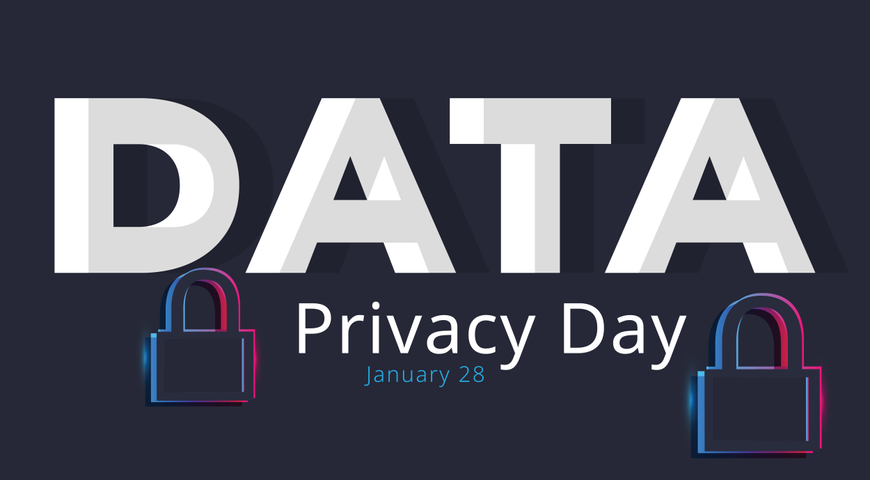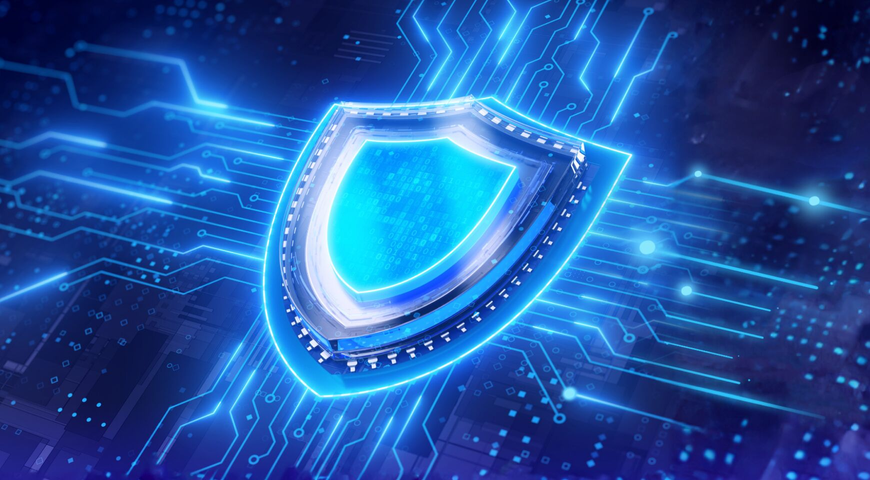New to backup? Choosing the right backup method is one of the most important decisions you need to make when protecting your business-critical data. Learn how to develop an effective backup and recovery plan for your business-critical systems, and find out about the differences between the most common backup methods available, including incremental backup, differential backup, mirror backup, and full backup.
Already have a backup plan? Strengthen your strategy with these best practices and useful tips!
1. Choose the right backup method
Here is a quick rundown of the most common backup methods available:
Mirror Backup creates a mirror copy of the source data. When a source file is deleted, that file is also deleted in the mirror backup automatically.
- Pros: Fast backups, fast recovery
- Cons: High risk of data loss
Full Backup captures your entire system and all the data you want to protect. Frequent full backups result in easier recovery operations.
- Pros: Fast, reliable recovery
- Cons: Slower backup, lots of storage required
Incremental Backup captures only the changes made since the last incremental backup. Saves both time and storage space, and ensures that your backup is up to date.
- Pros: Fast backups, low storage space
- Cons: Slower recovery, risk of data loss
Differential Backup captures only the changes made since the last full backup, not since the last differential backup. This requires more storage space, but ensures an easier, more reliable restore. Many organizations struggle with incremental vs. differential backup solutions.
- Pros: Fast backups, low storage space
- Cons: Slower recovery
Acronis Recommends! For cost-effective, efficient, and—most importantly—reliable backup, we recommend combining regularly-scheduled full system image backup with daily incremental or differential backup.
2. Choose the right backup destination
Once you’ve created a backup, where is the best place to store it safely? Here are the most popular options:
External Hard Drive
- Portable and comparatively less expensive
- Widely used storage media
Cloud Storage
- Secure offsite storage
- Files remain safe & accessible at any time
- Most reliable & convenient for business data
Network Attached Storage (NAS)
- Uses NAS device
- Accessible from anywhere on your network
Acronis Recommends! Local/network backup cannot protect against larger threats like fire, flood and theft. To truly disaster-proof your systems, we recommend combining local and secure cloud backup, following the 3-2-1 rule:
3. Develop an effective disaster recovery plan
When disaster strikes, every minute of downtime costs money and directly impacts your business. You must develop a clearly-defined Disaster Recovery (DR) plan to ensure fast, efficient recovery. Below are questions to ask while developing your DR plan:
- Who is responsible in a disaster scenario?
- Can I easily recover larger amounts of data from my cloud storage?
- Can I restore a system to hardware of a different make/model?
- When I restore a computer or server, will I have to reconfigure and re-install items manually?
- Can I easily restore multiple systems at once?
- What happens if an employee’s computer crashes on the road?
- Can I restore servers located in another office or location?
- Can I perform full bare-metal recovery easily?
Acronis Recommends! Test your DR plan regularly to ensure that your procedures are up to date, easy to follow, and accessible to your DR team. Save time and money by choosing a backup solution that can easily restore a system to new, dissimilar hardware (even a different make/model).
3 Quick Backup Tips!
1. Keep it simple - Save time and effort by finding a solution with a fast installation, an exceptionally easy-to-use interface, and seamless integration with your current system setup.
2. Make it scalable - Look for a flexible backup solution that combines incremental and differential backup and can grow and evolve along with your business. You don’t want to replace your backup strategy every time you expand or upgrade your infrastructure.
3. Ask for more - Beyond file-level backup, disk imaging and bare-metal recovery, demand more advanced features that will make your life easier, including:
- Incremental and differential backup
- Compression and deduplication
- Easy system migrations
- Application-consistent backup
- Automated Disaster Recovery (DR) plans
- Centralized management tools
- Support for both physical & virtual systems
- Easy, flexible data recovery (from a single file to a full system)
About Acronis
A Swiss company founded in Singapore in 2003, Acronis has 15 offices worldwide and employees in 50+ countries. Acronis Cyber Protect Cloud is available in 26 languages in 150 countries and is used by over 21,000 service providers to protect over 750,000 businesses.



